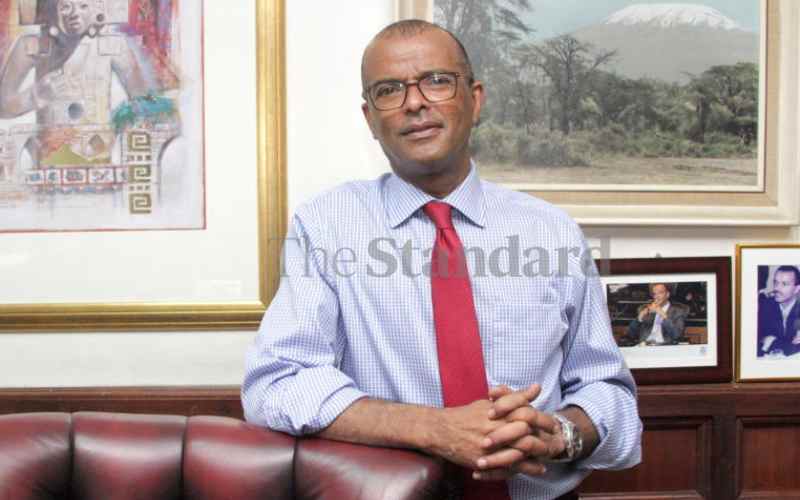×
The Standard e-Paper
Join Thousands Daily

Senior Counsel Philip Murgor during an interview with The Standard at his office in Nairobi, Wednesday, June 9, 2021. [David Njaaga, Standard]
To understand Senior Counsel Philip Murgor, one must peel off countless layers of a man who is intensely motivated, devoted to his family and a public servant. You sense a little impatience in him, enough to declare he is no pushover.